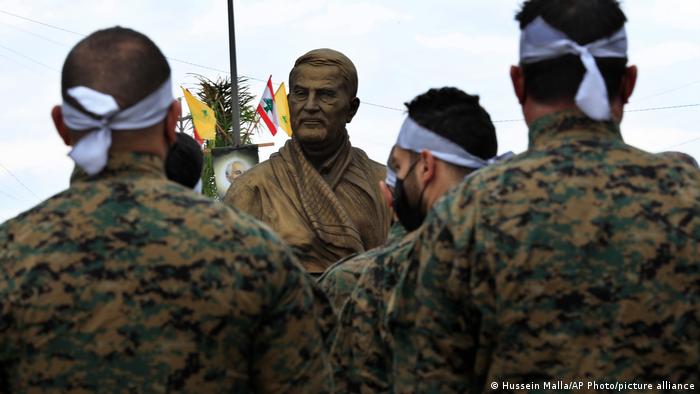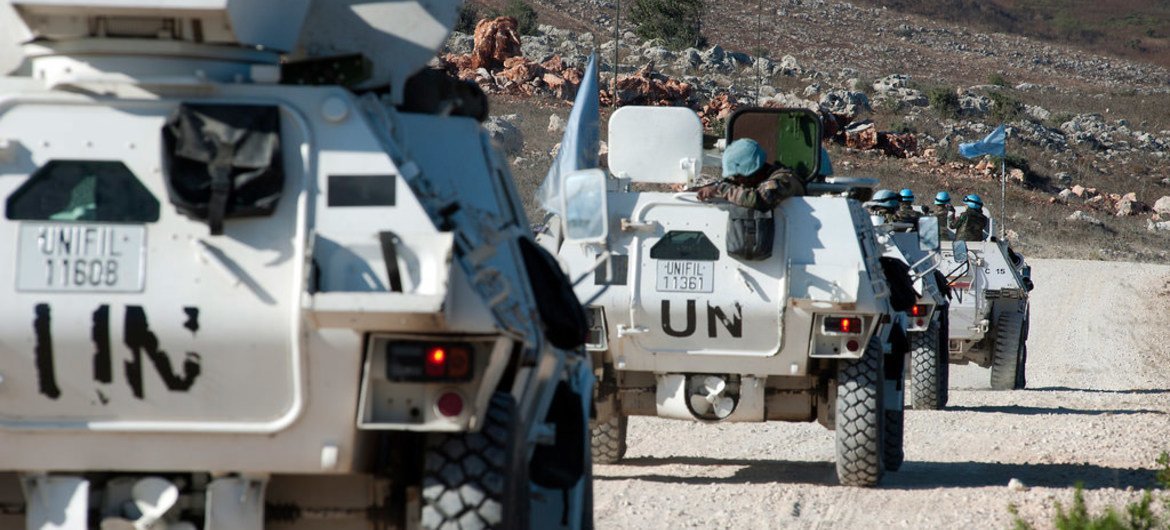
Story by Berber Jin – wsj.com — SAN FRANCISCO—Two days after Sam Altman was ousted from OpenAI, he was back at the company’s office, trying to negotiate his return. The former chief executive officer entered with a guest badge on Sunday and posted on X: “first and last time i ever wear one of these.” The leadership of the company that created the hit AI chatbot ChatGPT remained unclear Sunday, as investors and many employees pushed over the weekend to restore Altman. He has been engineering a countercoup to retake control of one of Silicon Valley’s most valuable and high-profile startups. Altman’s camp has succeeded in bringing the board that fired him to the negotiating table and proposed a series of high-profile tech executives to potentially helm a new board that would be more aligned to his business vision. Names floated include Bret Taylor, the former co-chief executive of Salesforce; Brian Chesky, the chief executive of Airbnb who has been a longtime confidant of Altman’s; and Laurene Powell Jobs, founder and president of Emerson Collective, people familiar with the matter said.
Sheryl Sandberg, the former chief operating officer of Meta Platforms, also came up. Bloomberg previously reported that Taylor is being considered. Microsoft’s executives have also pushed for oversight in a new corporate structure, including a potential board observer seat that would give it more visibility into the company’s governance. Any greater role on the board could be a regulatory concern; Microsoft has kept its ownership stake in OpenAI below the 50% mark to avoid raising the attention of regulators. OpenAI CEO Sam Altman sacked by company over lack of ‘candid communications’ Among all the investors, Microsoft might be the most deeply intertwined in the fate of OpenAI, and the startup’s turmoil has been a liability. Beyond being OpenAI’s largest backer, Microsoft has reoriented its business around the startup’s AI software. Shares in Microsoft fell after the news of Altman’s firing. The abrupt shake-up at OpenAI turns on one of the oldest tales in Silicon Valley: a breakup between a founder and his board. But in this case it was a very particular kind of founder—the face of Silicon Valley’s artificial-intelligence revolution—and a very particular kind of board, which was tasked with making social good a priority over profit. The rupture threatens the future of the company and the billions of dollars investors had put into it.










